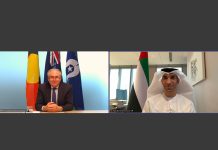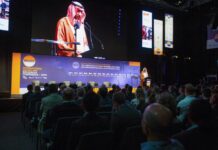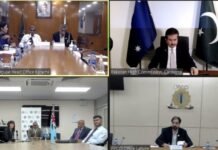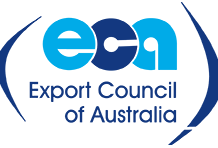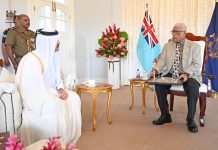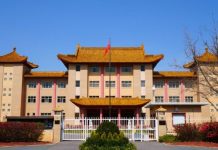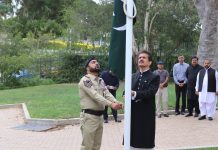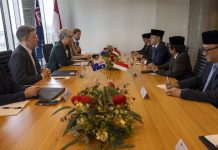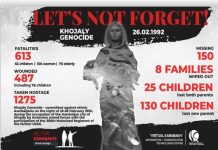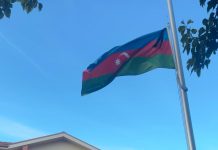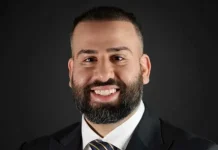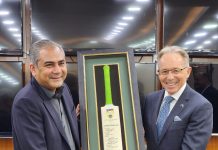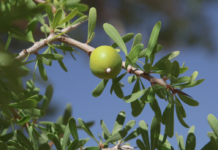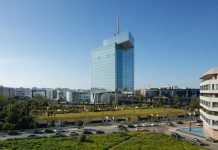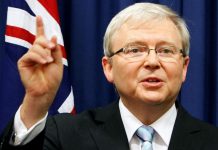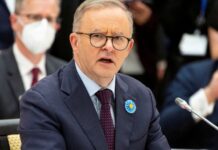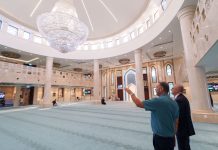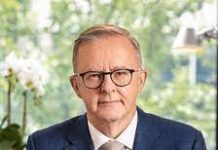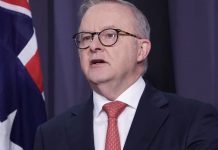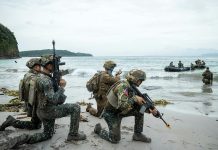Korea and Australia are perfectly matching partners and a long due strategic partnership will be a game changer and will turn around whole gamut of bilateral relations, said Mr Baeksoon Lee, Ambassador of Republic of Korea as all set for fourth Australia-Korea 2+2 meeting this year.
In an exclusive interview with Vibe Media, Ambassador Lee spoke high on ever growing Korea-Australia ties in diverse fields, North Korean nuclear crisis and relations with Japan.
He said Korea and Australia relations are quite good and there is no dispute among them, both are not only friends but share common concerns on all regional and international issues.
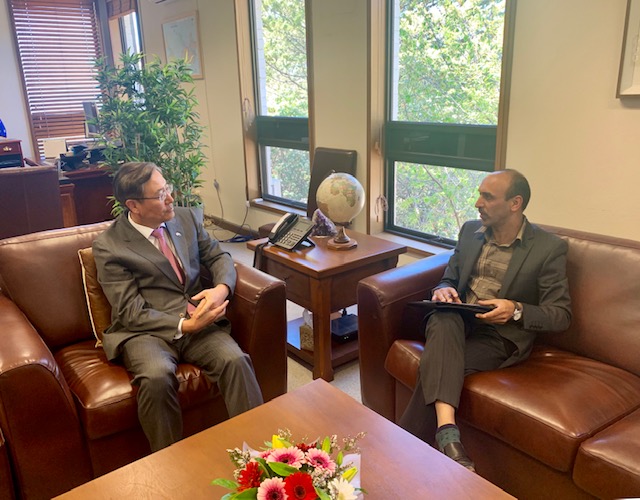
“What we need is to up-grade our bilateral relations which do not reflect the warmth and consensus among our people and leadership. We need to expand our partnership to strategic level which is long due as the foundation for a strategic partnership was laid 20 years ago when South Korean President visited Australia’, Mr Lee argued.
He hoped that the dream of ROK-Australia strategic partnership would be materialized next year when the President of Korea might visit to Australia. Dates for the proposed visit are being worked out. He believed a possibility of Australian Prime Minister visit can be such opportunity to magnify the ties to Strategic level.
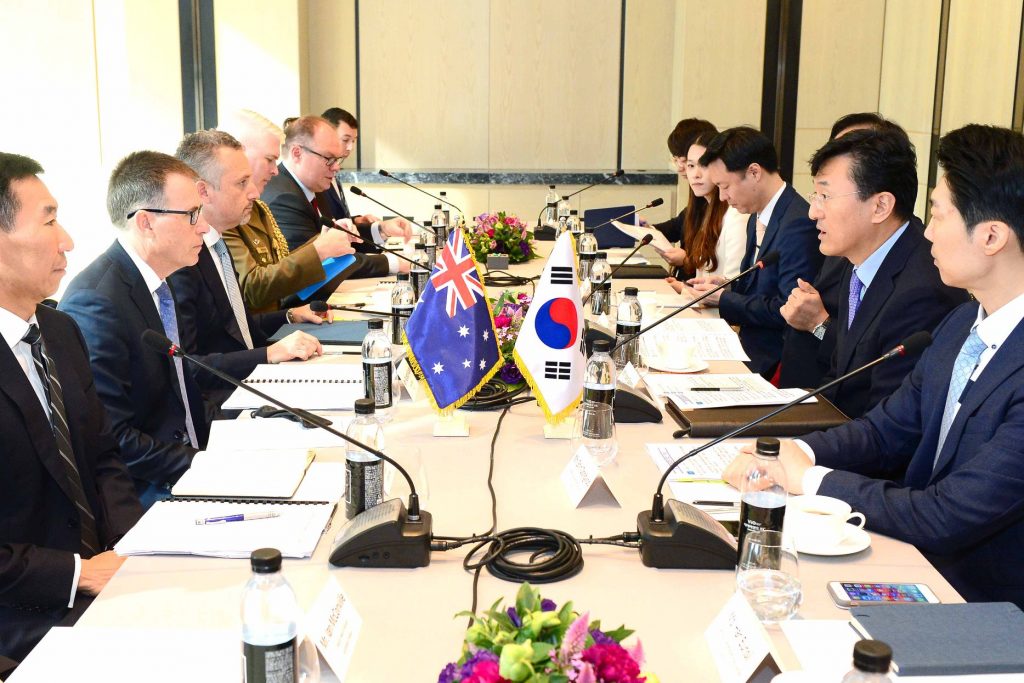
The 6th ROK-Australia Strategic Dialogue was held in Seoul on October 16 at deputy ministers level where both sides discussed bilateral relations, the situation in the region, and ways to step up regional cooperation between the two countries and agreed to make efforts to draw tangible outcomes at the upcoming 4th Foreign and Defense Ministers’ (2+2) Meeting between the ROK and Australia besides setting agenda for the ministerial meeting.
Ambassador Lee believed that once the relations up graded to Strategic level, it will strengthen the defence and security cooperation as well.
“Defence cooperation is an area where we both nations can tap on. Several Korean companies are interested to explore Australian procurement market”, he maintained.
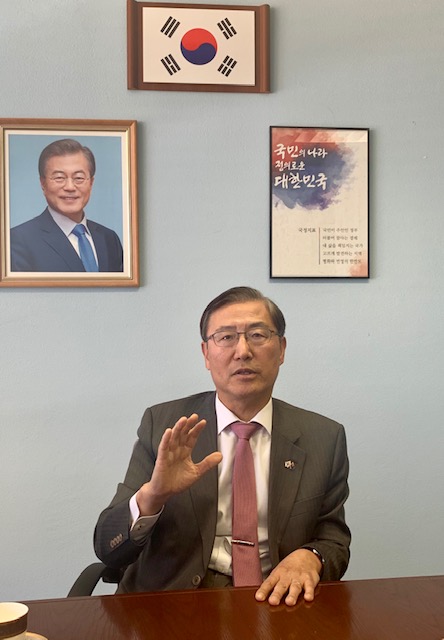
He shared that one Korean company Hanwha Defense has been shortlisted couple of weeks ago for the Australian military’s multibillion-dollar plan to replace its current aging fleet of mobility vehicles with advanced capability. Hanwha Defence’s AS21 Redback Infantry Fighting Vehicle (IFV) is one of two contenders for the Australian Land 400 Phase 3 Program.
“Being shortlisted for the Australian military project is a testament to our advanced defense technology and proactive commitment in the global market,” he commended.
Competing against Hanwha’s Redback is German firm Rheinmetall Defence’s Lynx KF41. The Australian military is expected to reach a final decision by 2021 after two years of assessments.
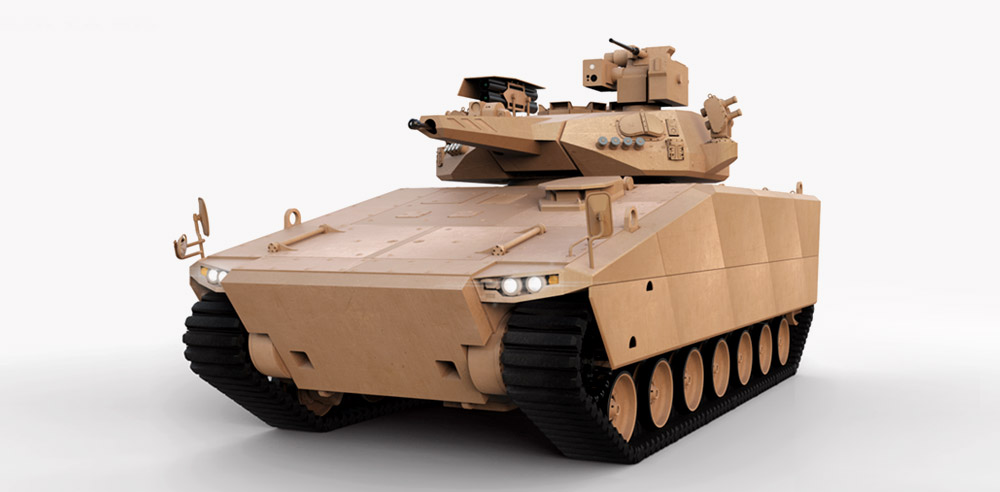
Hanwha Defence’s AS21 Redback Infantry Fighting Vehicle
He hoped that Hanwha Defense may get the contract and we will manufacture IFV in Australia in cooperation with local Australian defence companies.
Mr Lee said fourth Foreign and Defense Ministers 2+2 meeting is due this year and Australia is the only country after USA with whom Korea has 2+2 mechanism which shows how ROK consider Australia a crucial partner. At this biennial forum, we have announced our blueprint for defence and security cooperation as the ministerial meetings remain fruitful to enhance our comprehensive relations.
On trade and economic ties, South Korean Ambassador said that South Korean and Australian economies are roughly the same size. The two economies are also highly complementary to each other as Australia exports their natural resources and agriculture products and Korea exports electronics, cars, ships, home appliances, machinery and industrial materials to Australia. Korean products are household names and valued for their quality and competitiveness.
“We have built a trusted relationship as a stable, high quality and competitive supplier. We matter to each other: Korean demand underpins Australia’s prosperity and our stable supply powers the Korean economy.
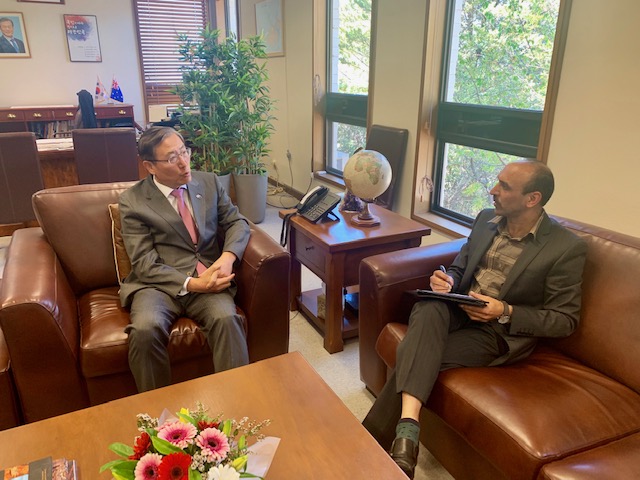
He was convinced that there is lot of space to improve the level of trade and business as Korean companies are producing high quality products and Australian consumers can have more choices to buy.
Some Korean companies have set-up home shopping channel in Australia to introduce their products to Australian consumers who will be happy with Korean products in terms of quality and price.
“Trade is not only the area of our economic cooperation. Another important aspect is investment. More Korean companies are keen to come to Australia and invest in diverse fields. Korean companies have already massive investment in mining, infrastructure and LNG projects”, Ambassador Lee told.
He disagreed the perception that Australia’s ties with China, Japan or Indonesia overshadowed her ties with Korea and said economic size of these nations and their geo-strategic locations are very important to Australia but relations with Korea have their own significance.
“Australia and Korea both are competitive, market-based democracies with transparent and accountable governments. Both are middle powers which share a common strategic outlook, are multilaterally engaged and constructive global citizens”, he said adding both are strong US allies, committed to a stable and prosperous Asia Pacific. They actively promote the rules-based, international economic order. And the two economies are deeply intertwined.
Rules-based order must be sustained for a peaceful future: South Korean Ambassador
Korean Ambassador maintained that we both are middle power democratic countries sharing lot of commonalities and believe in universal human values including free trade, open economy, human rights and rules of law and rule-based order and our both countries are strongly advocating these values at international forums together.
On South China Sea crisis, he emphasized that respecting the international laws and international rules is only way forward as unilateral actions are undermining the international laws, regional peace and stability. Korea and Australia both strongly believe in rules-based order and advocating that rules-based order must be sustained for a peaceful future.
He urged all the peace-loving nations to stand together to enforce rules-based system for the future generations.
About South Korea’s Sunshine Policy launched in 2000 to build trust with North Korea, he said in 2003, North Korea crisis escalated which hindered the Sunshine Policy to make further headway.
“In fact, there a major trust deficit between two Koreas as we are living under constant military and nuclear threat from North Korea and even may be North Korean people are feeling threatened from combine forces of US and ROK”, he elaborated.
“Australia and Korea both are competitive, market-based democracies with transparent and accountable governments”, Ambassador Lee
He said since the incumbent President Moon took over the oath, ROK has a adopted a very reconciliatory approach towards North Korea and several peace measures were initiated. So far, we had three summits to build the trust between both Koreas. Now ball is in North Korean court to respond our peace initiatives.
On sanctions against North Korea, he was of the view that several people including some experts raised the questions about the utility of the sanctions. But he believes that sanctions are a necessary tool to pressurise North Korean regime to sit on negotiating table though sanctions alone are not enough to force North Korea to give up nuclear weapons.
“It is quite necessary for international community including Australia to maintain their strong view on sanctions against North Korea”, ROK Ambassador emphasized.
On give and take on North Korea nuclear crisis, he mentioned that there is a fundamental differences between USA and North Korea in their approach as US wanted North Korea to dismantle their nuclear infrastructure at once and North Korea wants step by step approach building trust first coupled with security assurances along lifting of sanctions.
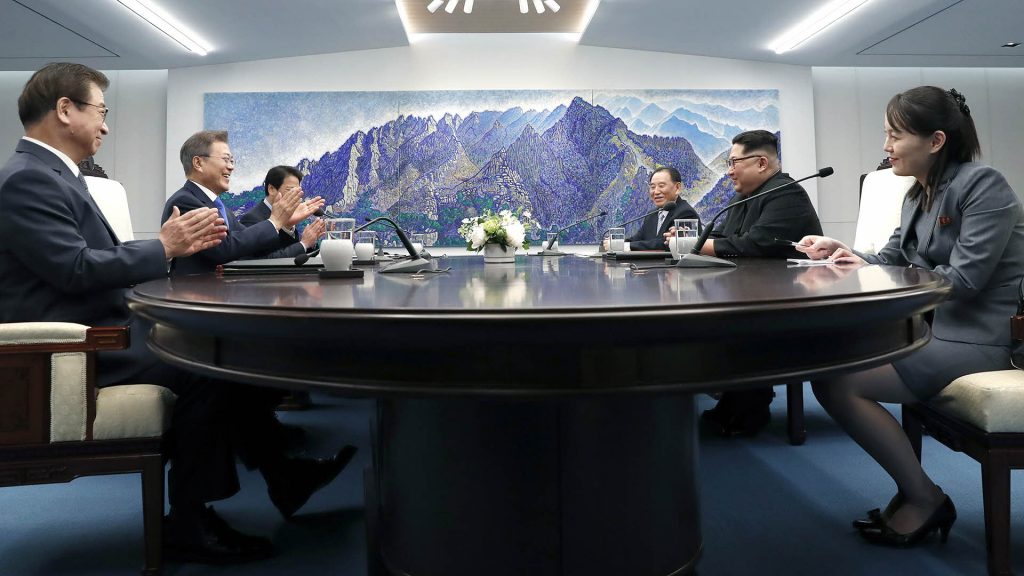
He hoped that both sides after summits and several working levels rounds will be able to make some headway.
On Korea-Japan regional tension, he held responsible the past events under the imperial Japan when Koreans became victims of Japanese injustices.
“Those victimization still haunting the Koreans today and only a sincere and genuine apology from Japanese on their wrong doings not only will help to heel the wounds of the Korean victims but will improve relations between Korea and Japan”, Ambassador Lee suggested.
The Directors-General of Korean and Japanese foreign ministry had a meeting in Seoul on October 16 where they exchanged views on Japan’s export-restrictive measures and ruling issued by the Supreme Court of Korea on the victims of forced labor.
He said it’s a question of universal human rights. If Germany had not sincerely apologized after the events of World Wars, then what the European Union is today would not have possible.
Same thing can happen in our region of North East Asia as well. If all the countries of the region can trust each other, genuinely we can establish a collective security mechanism.



